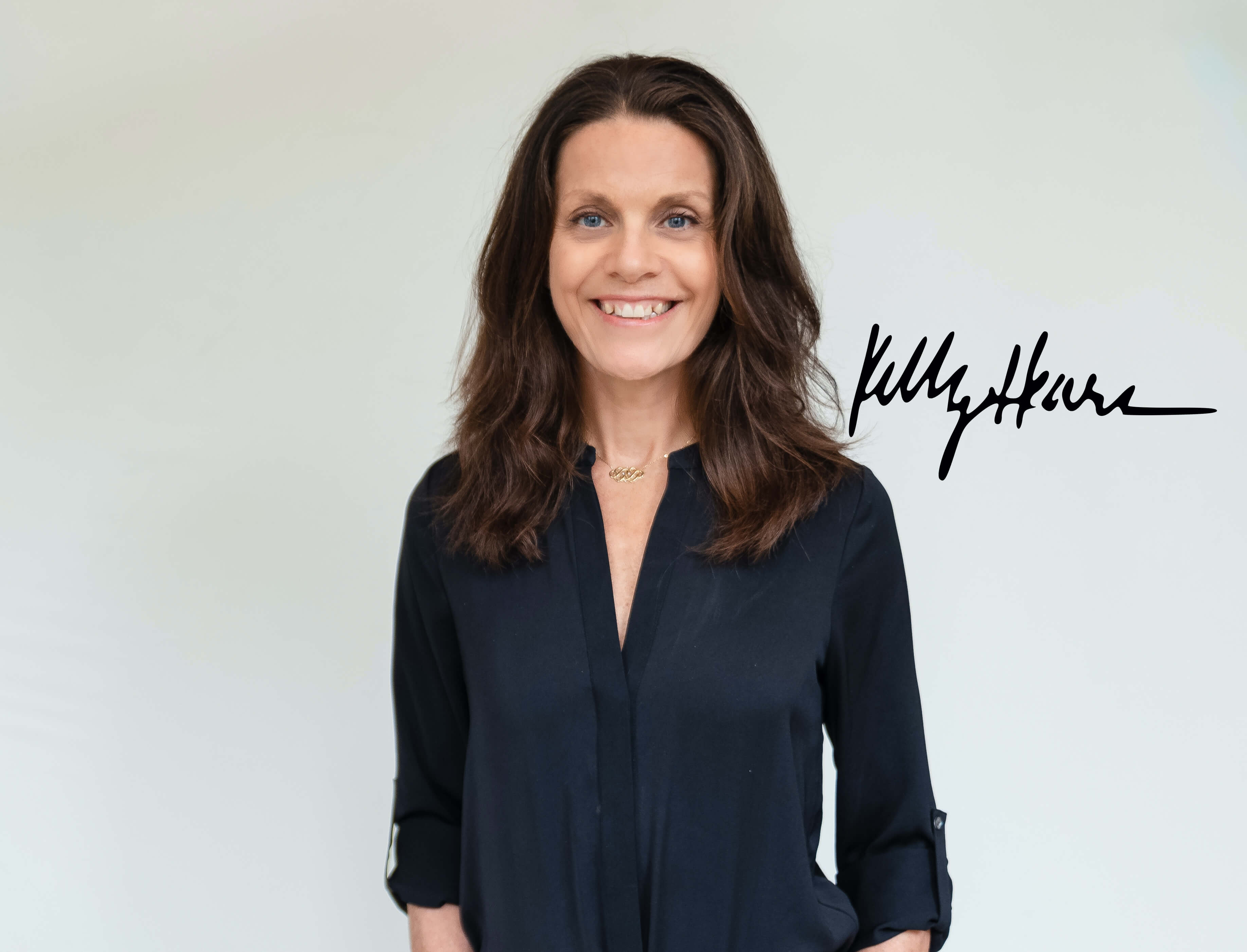Dear Therapist,
I spent much of 2024 feeling overwhelmed and exhausted by the state of the world, and 2025 doesn't seem much better. It's hard to think about New Year's resolutions or pursuing happiness when there's so much pain and suffering, both near and far. At the same time, I'm not truly helping others either-I'm stuck. I feel it's important to stay informed, so I follow the news closely, but this only leaves me anxious all the time. Do you have any suggestions?
Signed,
Overwhelmed
Dear Overwhelmed,
It's entirely understandable to feel swept up in the overwhelm of what is sometimes called our 'polycrisis' world. The sheer number of simultaneous crises, coupled with the divisiveness these issues provoke, leaves many of us feeling anxious, fearful, and disconnected. In this context, the phrase "Happy New Year" can feel painfully out of touch.
Rather than focusing on happiness, I invite you to shift your aim toward peace-beginning with inner peace. When we cultivate stability within ourselves, we're better positioned to extend that calm outward, helping to create a more peaceful world. Although focusing on ourselves during turbulent times may feel selfish, I would argue it's essential. Without doing the inner work to ground ourselves, we risk unintentionally adding to the noise and chaos rather than alleviating it.
One practical starting point is adopting an "information diet." Just as we consider the food we consume, we must also be intentional about the media content we ingest. Many of us feel a moral obligation to stay updated about every detail in an unfolding crisis as a sign of empathy or solidarity. But the relentless flood of inflammatory headlines and social media outrage can trap us in a cycle of fear and panic, undermining our ability to take meaningful action. Consider limiting your news intake to one or two trusted sources, such as a balanced weekend newspaper. Establish clear boundaries for when and how you consume news, prioritizing depth and context over constant updates.
Equally important is creating space for stillness. Our society prizes constant activity, but this busyness is frequently just a way of channelling anxiety rather than resolving it. The 'manic defence' gives the illusion of productivity while keeping us distanced from our inner thoughts and feelings. It also drains our energy, and leaves us feeling ineffective. Prioritising moments of quiet and recovery, however, allows us to recalibrate. All contemplative traditions emphasise silence as a cornerstone of clarity and resilience. While it may feel uncomfortable at first, practicing stillness is essential for calming the mind, connecting to your inner knowing and discerning where your energy can be most effective. Starting from a place of emotional balance ensures that our contributions are constructive rather than reactive.
Because the poets say it best, I'll leave you with the words of Martha Postlethwaite, whose poem Clearing beautifully captures this approach:
Do not try to save
the whole world
or do anything grandiose.
Instead, create
a clearing
in the dense forest
of your life
and wait there
patiently,
until the song
that is your life
falls into your own cupped hands
and you recognize and greet it.
Only then will you know
how to give yourself to this world
so worthy of rescue.
Wishing you-and all of us-peace in 2025.
Yours,

Do you have a question for Dear Therapist? Send it to [email protected] with Dear Therapist in the subject line and Charlotte Fox Weber or Kelly Hearn will get back to you.

